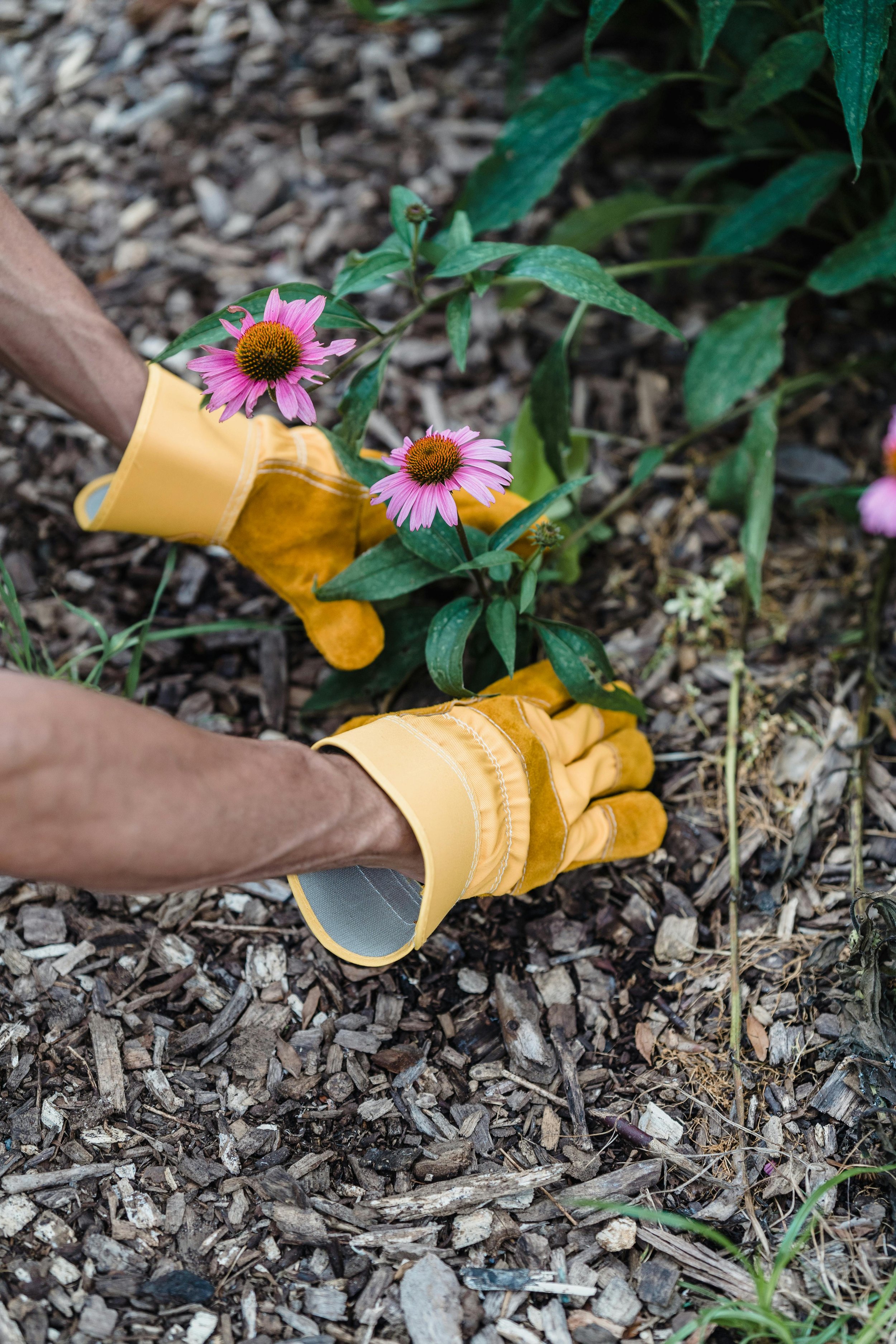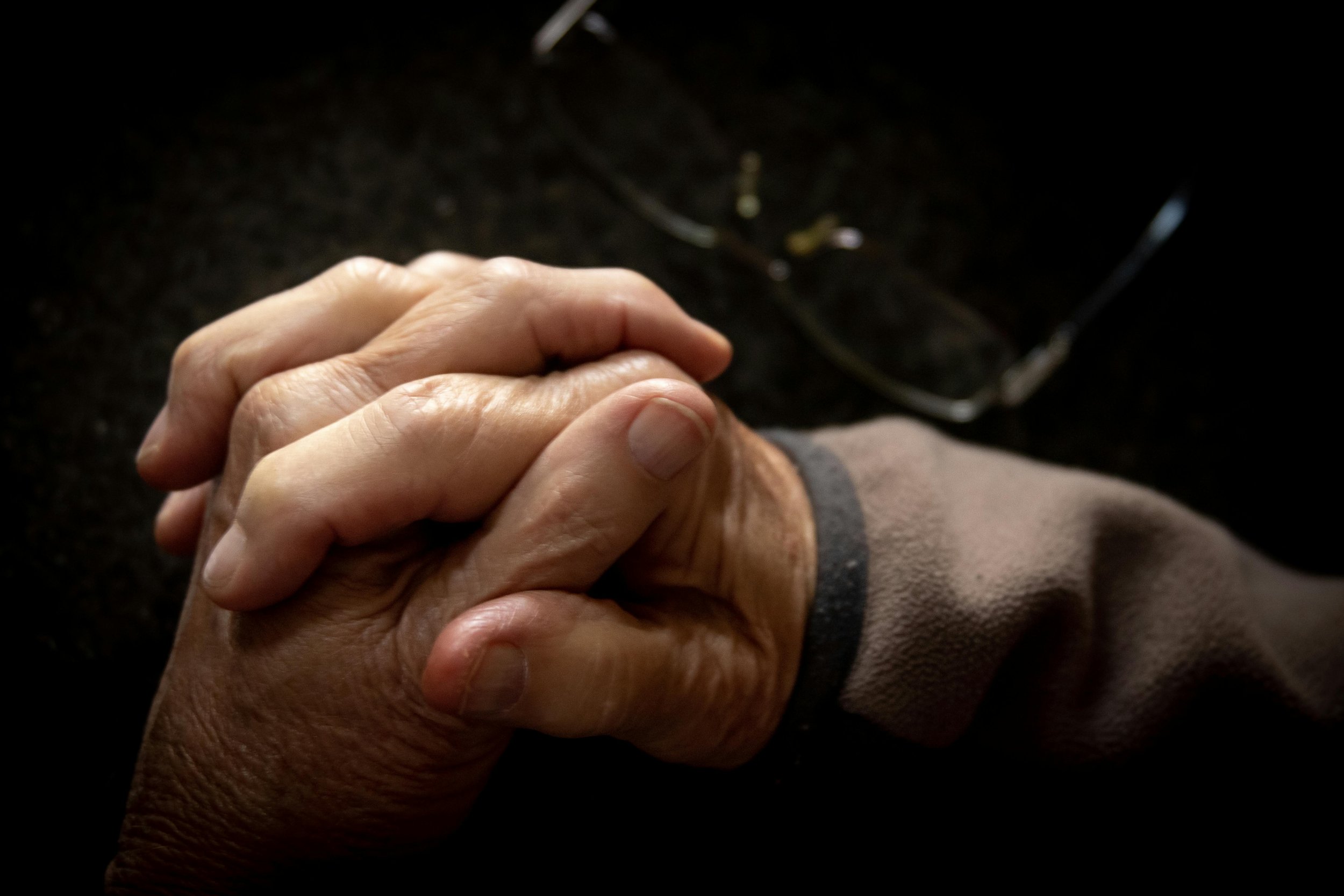Why Stories for Hope?
Are stories the ones we read in books?
What comes to mind when you think of stories? You might think of a book, a poem, a song, but also a piece of theatre, a podcast or an instagram post. Maybe you think of the authors, poets, and storytellers who write and tell stories for us to enjoy.
But stories are not written by a select few. They are also created every second of every day, by each and every one of us. Our lives are filled with stories — some we actively choose to write, and others happen to us. Stories shape our identities, communities, and our societies’ collective consciousness. They shape how we look at the world and how we encounter each other.
Some stories are written by the few in authority, but many more are created by ordinary citizens, communities, and individuals who take a stand.
The world sometimes feels like it’s falling to pieces.
Within each of us resides a blend of frustrations, hopes, and aspirations for ourselves, our communities, and our world. With urgent global realities like the climate crisis, ongoing wars and conflicts added to the mix, it is easy to feel worry and despair.
In 2024, as more than half of the world’s population heads to the polls, it feels like trust is declining: in politics and in the willingness of political leaders to fulfil our collective hopes and aspirations.
Active hope isn't merely wishing for a better tomorrow. When we engage in active hope, we reject the stories that tell us we must fear one another. We dare to imagine alternative futures for the state of our world, where hope prevails and change is possible.
“The very least you can do in your life is figure out what you hope for. And the most you can do is live inside that hope. Not admire it from a distance but live right in it, under its roof.”
Our pilot events in Rotterdam take place at two venues that owe their existence to the initiative of local residents.
They stand as remarkable examples of inspiring stories that fill us with hope.
Stadskwekerij De Kas (Noord)
Stadskwekerij De Kas is an initiative of Eva Bes and Marja Versteeg, two Rotterdam 'garden women' with a heart for nature and for people, who are passionately committed to a greener city. They are supported by about twenty volunteers.
On the site of a former landscaping company, an old greenhouse complex has been transformed into a nursery with an educational garden, pond and space for workshops, lectures, presentations and other meetings.
Leeszaal Rotterdam West (Oude Westen)
Leeszaal Rotterdam West is an initiative of residents of Rotterdam West and is 100% volunteer work. The reason was the closure of both libraries in West, despite fierce protests from residents who considered it a cultural and social failure. A former hammam was transformed into an attractive reading, learning, experimenting and meeting place.
Today, a total of about 80 volunteers are involved in the Reading Room. The Reading Room is a hospitable place with a lot of beautiful books (which you can take with you), coffee/tea, newspapers, work and meeting places; and Café NL, a chat café for people who want to practice the Dutch language. There are also regular cultural events.



